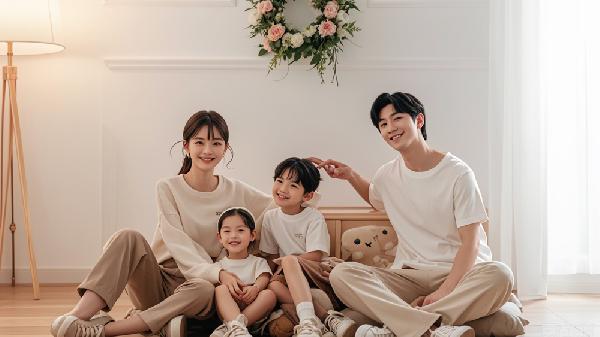There's nothing better than having a couch friend. You know, the type of friend who you can be your full, authentic self with. They don't care about what you look like or if you have last night's mascara smeared on your face, and they definitely don't judge you for the leftover Taco Bell wrappers on your coffee table. (Probably because they were there eating a Cheesy Gordita Crunch with you in the first place.)
The Magic of Unfiltered Comfort
Couch friends are the human equivalent of your favorite sweatpants—worn-in, reliable, and never constricting. They’re the ones who don’t flinch when you show up in pajamas at 2 PM or when you cancel plans because your social battery is on zero. These friendships thrive in the absence of pretense. You don’t have to rehearse anecdotes or force small talk; silence isn’t awkward, it’s peaceful. Psychotherapist Attiya Awadallah puts it perfectly: "They offer a space where you don’t have to perform." In a culture that glorifies busyness and curated social media personas, couch friendships are a rebellion against the pressure to always be "on."
Why Your Nervous System Loves a Couch Friend
Ever notice how your shoulders drop when you plop onto the couch next to your ride-or-die? There’s science behind that. Awadallah explains that couch friends help activate the parasympathetic nervous system—the part responsible for "rest and digest" mode. This counters the fight-or-flight stress response, literally signaling to your body, "You’re safe here." For people with anxiety or high-pressure jobs, these friendships act as a reset button. No agenda, no small talk, just mutual understanding that sometimes existing together is enough. It’s like emotional ASMR—subtle, soothing, and weirdly healing.
The Fine Art of Doing Absolutely Nothing Together
Couch friendships redefine quality time. Forget brunch reservations or bar-hopping; the vibe is more "parallel play for adults." Maybe you’re both scrolling TikTok, half-watching a bad reality show, or silently demolishing a bag of chips. The magic isn’t in the activity (or lack thereof), but in the unspoken agreement that no justification is needed. As Awadallah notes, these connections remind us that human bonds aren’t transactional. You’re not networking or maintaining appearances—you’re just two humans coexisting in a judgment-free zone. Bonus points if they’ve seen you cry over a rom-com and didn’t feel the need to "fix" it.
Not Every Friend Is a Couch Friend (And That’s Okay)
chemistry like this can’t be manufactured. The best couch friendships develop organically, often with people who share your tolerance for unstructured downtime. Pro tip: If they show up with snacks and no expectations, keep them forever.
Why Couch Friendships Are the Ultimate Self-Care
In a world obsessed with productivity, couch friends are a living reminder that rest is radical. They’re the antidote to loneliness for introverts and overstimulated extroverts alike. Unlike draining social obligations, time with a couch friend leaves you replenished. Awadallah emphasizes that these relationships validate a simple truth: You’re worthy of connection exactly as you are—no performative energy required. So next time you’re debating whether to "get ready" for a hangout, remember: the best friendships sometimes look like two people in sweatpants, ignoring their phones, and being gloriously, unapologetically lazy together.
Finding your couch friend tribe might take time, but they’re out there—probably under a blanket, waiting for you to join them in doing nothing at all.
























